Superbill creation is crucial for provider groups’ revenue cycle management for reimbursements and payments from insurance companies. It is also an efficient way of documenting services rendered to out of network patients. However, Superbill creation can be time-consuming, among other challenges.
In case of inaccuracies in creating super bills, it can trigger denied claims and delayed payments. This article discusses the problems associated with Superbill creation and what healthcare providers can do to streamline their operations.
What are the Common Challenges In Super Bill Creation?
Superbills are also called charge tickets or encounter forms; healthcare providers use them to record the list of all procedures and services they provide to patients. The provider or patient then presents the forms for insurance claims and compensations. Erroneous documentation in the super bill leads to a loss of money, with an estimated inaccurate payment rate of 7.46 percent and USD 31.46 billion between 2020 and 2021.
Although the process is supposed to be thorough, it has a few challenges for hospitals, as explained below.
It Is Time-Consuming
Creating Superbills is an intricate process that requires attention to detail and can thus be time-consuming. Healthcare providers with different patients and tasks may find it daunting to generate Superbills and may prefer cash-paying clients. The time it takes to create super bills takes away quality care for patients and reduces productivity and RCM.
Inaccuracies and Errors
With Superbill creation being an exhaustive process, errors are bound to happen, as 80% of hospital bills have errors caused by typos. Human error in the documentation due to an omission in a simple entry leads to financial and legal surprises. While proper documentation makes reimbursement easy, inaccurately entered details result in rejected claims by the insurance and compromise the doctor-patient relationship.
Patient Ineligibility
Patient eligibility is essential in your hospital's RCM; verifying ensures all services are paid for. Ineligibility is a significant cause for payment rejections which is stressful for the patients and negatively affects your hospital's RCM. Some insurance companies do not cover out of network benefits, which may be challenging to determine when healthcare providers run eligibility and create super bills manually.
Improper Coding
Accurate Superbills require proper CPT coding, which may be compromised by manual super bill creation. The Current Procedural Terminology (CPT) codes are a set of medical codes used to describe medical procedures and services performed by healthcare professionals. However, healthcare providers will likely face challenges while entering data into several coding systems.
CPT-compliance requires accurate and up-to-date coding based on the current version of the CPT manual.
Compliance Challenges
Apart from CPT compliance, your Superbill must also be HIPAA regulated. In an era of increased cyber-attacks against hospital data, HIPAA compliance minimizes risks. Compliance protects your patient's confidential information from unauthorized view, which using manual super bill generation may not be possible.
Unfortunately, non-compliance exposes sensitive information and puts your hospital at risk of heavy penalties, which impact your revenue cycle management.
AI As a Solution to Super Bill Creation Challenges
Creating Superbills is hectic for healthcare providers looking to provide quality service and increase RCM while sticking to conventional super billing methods. How can you counter these hurdles to remain relevant and compliant?
Leveraging AI for super bill creation conveniently reduces manual work and increases accuracy. Additionally, automated Superbills help reduce payment rejections by keeping all procedures and treatments CPT-compliant without reentering diagnosis.
Using AI to enhance Super billing and coding is the ultimate plan to stay organized and improve your RCM. AI helps with faster and smoother processing, which elevates the healthcare provider to a supervising role. AI seamlessly captures and records patient information without requiring the healthcare provider to check for inconsistencies.
Moreover, AI checks for patient illegibility in the system to reduce payment rejections.. Automated super billing also makes it easier to see any omissions in diagnoses or charges to reduce missing payments. In denied payments, many patients give up and do not appeal; however, automated Superbill creation reduces future denials.
Getting Started with Super Bills
By integrating with a provider’s EHR, Adonis takes the visit date and generates a Superbill automatically, which can be sent to patients via text or email. This eliminates the need for manual intervention and reduces the time and effort required by the provider’s staff. Patients will have a better experience submitting their Superbill on their own, making it easier for them to manage their healthcare expenses. With Adonis, you can streamline your billing process, reduce the workload of office staff, and provide a seamless experience for patients.
Take Action Today
Healthcare providers face pressure to deliver quality healthcare and improve their revenue cycle management. The challenges of manually creating Superbills can be hard to navigate in the healthcare industry.
Luckily, Adonis is here to transform the industry by improving the billing and coding system. Superbill creation no longer has to be time-consuming.
Are you struggling to meet your RCM goals with the challenges of creating Superbills? At Adonis, we understand the challenges that healthcare providers face, and we help to automate your Superbill creation so you can enjoy better revenue outcomes. Adonis streamlines your logistical processes to give you optimal financial success.
Contact us today and unlock your revenue cycle management’s potential!














